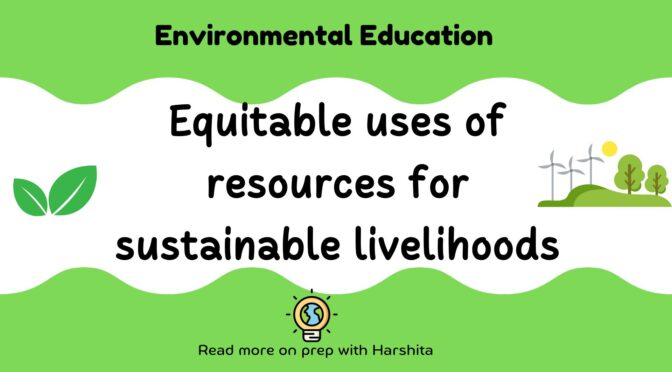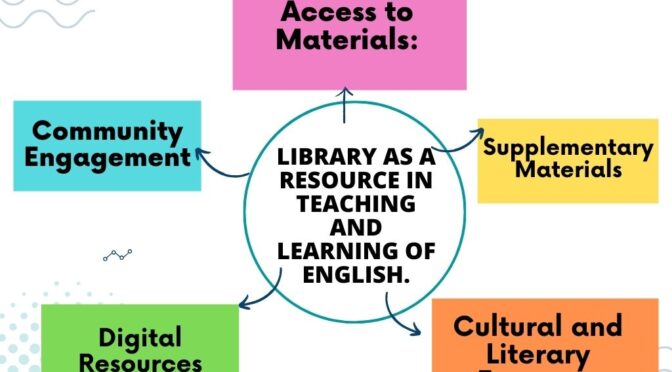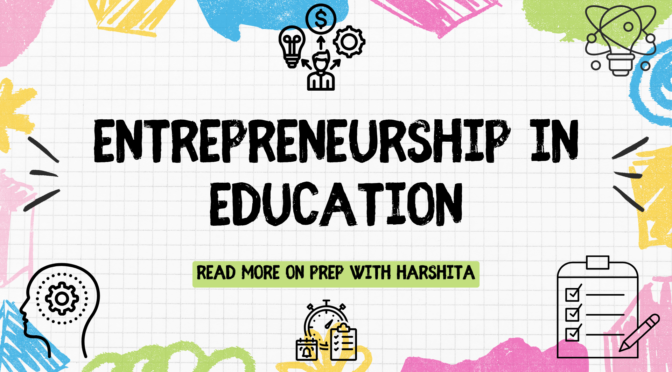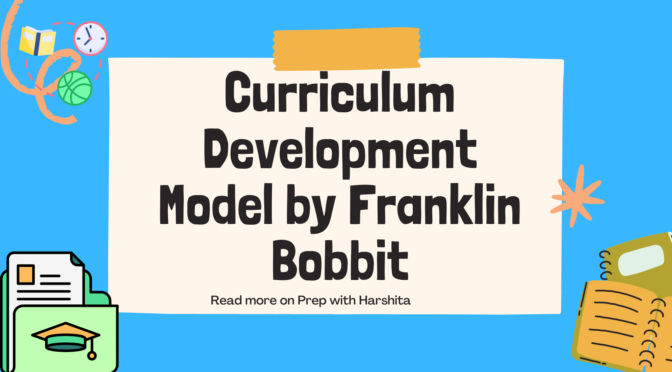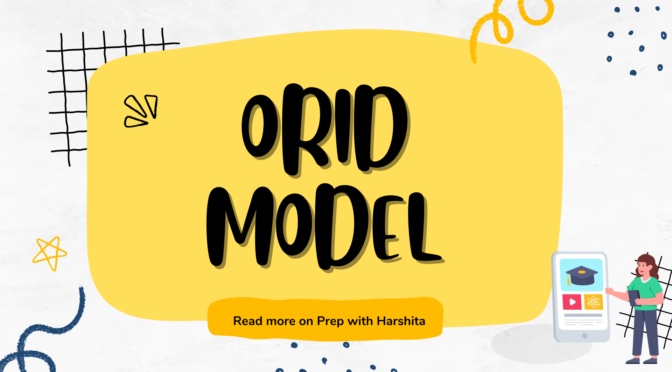Equitable resource use for sustainable living refers to the fair and just distribution and management of resources so that current and future generations can meet their needs without risking the ability of others or the environment to do so.
Equitable uses of resources for sustainable livelihoods. Here are several major aspects:
- Fair Distribution: Resources should be distributed such that all individuals and communities have access to basic necessities of life, such as food, water, housing, healthcare, and education.
- Social Justice: Equitable resource usage requires tackling social inequities and injustices so that marginalized groups, such as women, indigenous peoples, minorities, and those in need, have equal access to resources and opportunities for livelihood development.
- Environmental Sustainability: Resources must be managed in a way that maintains or enhances the health and resilience of ecosystems, ensuring that natural resources are not depleted faster than they can be replenished and that ecosystems are not degraded beyond repair.
- Community Participation and Empowerment: Decision-making processes related to resource use should be inclusive and participatory, involving all relevant stakeholders, particularly those whose lives and livelihoods are directly affected. Communities should be empowered to manage and benefit from local resources sustainably.
- Education and Capacity Building: Equitable resource use means investing in education, training, and capacity building initiatives to enhance people’s knowledge and skills for sustainable resource management and livelihood development.
- Policy and Governance: Effective policies and governance systems are crucial for accomplishing equitable resource utilization. It contains regulations that prohibit exploitation and promote sustainable practices, as well as enforcement systems that hold violators accountable.
Also Visit: Prep with Harshita
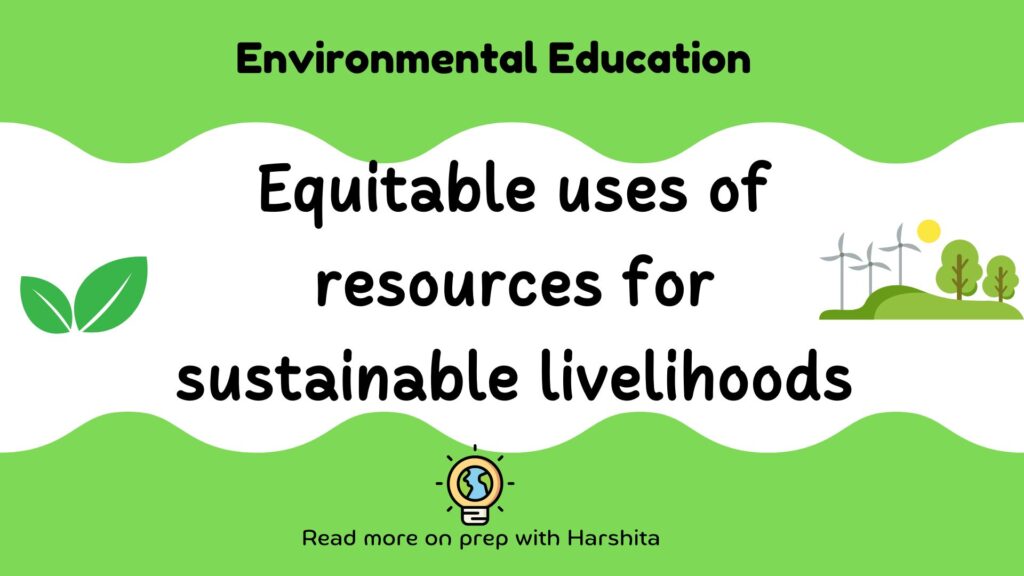
Also Read: Health Education

